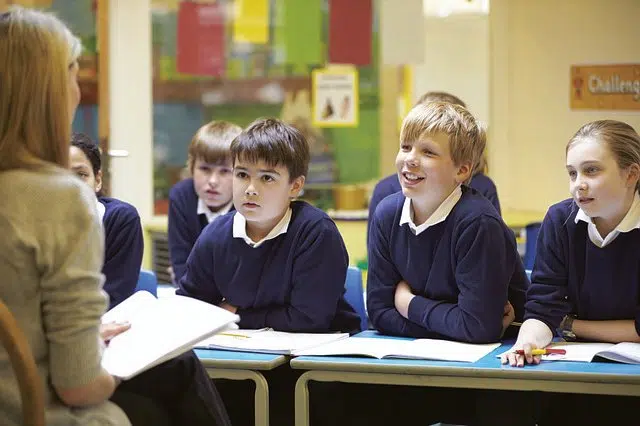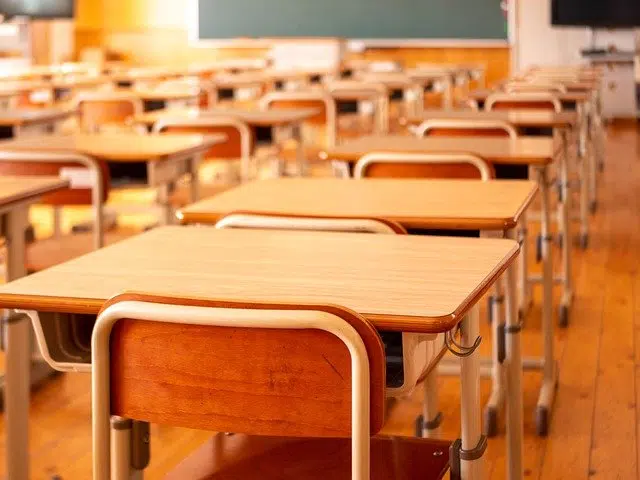
Formal education provides access to a title recognized by the State.
In order to know the meaning of the term formal education , it is necessary that, first of all, we proceed to discover the etymological origin of the two words that give it shape:
-Education, first of all, comes from Latin, exactly from "educatio." This term, which means "education" or "upbringing" is the result of the sum of several components of said language: the prefix "ex-", which can be translated as "outwards"; the verb "ducere", which is synonymous with "guide", and the suffix "-tio", which is used to indicate "action and effect".
-Formal, secondly, also emanates from Latin. In its case it derives from "formalis", which means "relative to form." It is the result of the union of two components: the noun "form", which is synonymous with "image" or "figure", and the suffix "-al", which can be translated as "relative to".
What is formal education
Education is the process that is carried out with the purpose of instructing and training a person. It generally involves the participation of an educator (teacher, instructor, guide, etc.) who teaches certain content to the student or student so that he or she can learn it.
Formal , on the other hand, is that which has formality : that is, with a mode of development or execution that adjusts to certain requirements or parameters .
The idea of formal education refers to the comprehensive process that begins with initial education or primary education , goes through secondary education and reaches higher education . This instruction is developed systematically and allows access to different official titles (recognized by the State ).

Formal education is provided in establishments that have the approval of state authorities.
Program and regularity
This type of education respects a program where educational objectives are established. Usually, a certain workload is stipulated that students must complete in order to be able to take the corresponding exams. By passing the final evaluations, students advance to the next course or obtain a degree.
It can be said that formal education is that given in establishments approved by state authorities and organized in regular school cycles . The curricula are progressive and lead to successive degrees until reaching graduation or qualification.
Formal education and non-formal or informal education
Non-formal education , on the other hand, is not tied to standards or plans. In general, it offers greater freedom to the student and does not award degrees, or grants diplomas that are not officialized by the State. This, however, does not necessarily mean that informal education is of lower quality than formal education.
In the same way, we can affirm that informal education consists of the learning that is obtained by carrying out day-to-day activities related to family, friends or even work. As a general rule, it is not an intentional education, it does not have any type of structure or set objectives. Likewise, it is not based on specific tools nor does it have a specific duration.
